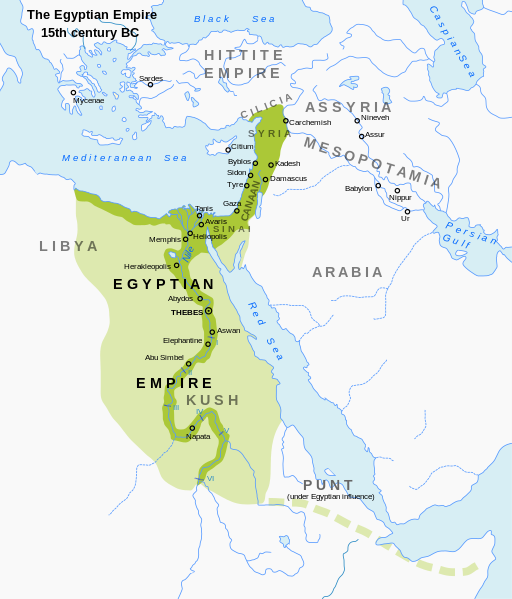The BIG mistake that bible believers make is to think that the bible is the only record of ancient philosphical discussion on the universe.
May I recommend an ancient, long (verse) discussion called, "On the Nature of the Universe," by a first century BCE. writer known as Lucretius. You can download one translation at: http://classics.mit.edu/Carus/nature_things.html
Some parts of that discourse, are of course, "way out there," but think of this statement in his Book One, around verses 480.
"Material objects are of two kinds, partly atoms
And partly also compounds formed from atoms."
Lucretius, was of course, influenced by the concept of atomism, developed by early Greek thinkers known as the first philosophers (or, the Pre-socratics)
(See also the Oxford World Classic publication, The First Philosopher-The Presocratics and the Sophists - Robin Wakefield)
Atoms of course, cannot be seen, but these thinkers were able to conceptualise their existence,
For convenience I let the Wikipedia entry expand that thought:
Atomism (from Greek ἄτομον, atomon, i.e. "uncuttable", "indivisible"[1][2][3]) is a natural philosophy that developed in several ancient traditions. The atomists theorized that nature consists of two fundamental principles: atom and void. Unlike their modern scientific namesake in atomic theory, philosophical atoms come in an infinite variety of shapes and sizes, each indestructible, immutable and surrounded by a void where they collide with the others or hook together forming a cluster. Clusters of different shapes, arrangements, and positions give rise to the various macroscopic substances in the world.[4][5]
References to the concept of atomism and its atoms are found in ancient India and ancient Greece. In India the Jain,[6][7] Ajivika and Carvakaschools of atomism may date back to the 4th century BCE.[8] The Nyaya and Vaisheshika schools later developed theories on how atoms combined into more complex objects.[9] In the West, atomism emerged in the 5th century BCE with Leucippus and Democritus.[10] Whether Indian culture influenced Greek or vice versa or whether both evolved independently is a matter of dispute.[11]
The particles of chemical matter for which chemists and other natural philosophers of the early 19th century found experimental evidence were thought to be indivisible, and therefore were given the name "atom", long used by the atomist philosophy
Reference: http://en.wikipedia.org/wiki/Atomism
So right up to our time, that thought was held to be true.
Only now, some 2500 years after the presocraticthinkers, were humans able to examine the basic building blocks of matter and find that atoms were in fact, divisible.
Continuing the Wikipedia entry:
However, in the 20th century, the "atoms" of the chemists were found to be composed of even smaller entities: electrons, neutrons, and protons, and further experiments showed that protons and neutrons are made of quarks. Although the connection to historical atomism is at best tenuous,elementary particles have thus become a modern analog of philosophical atoms, despite the misnomer in chemistry.
The bible is left for dead by those thinkers.


